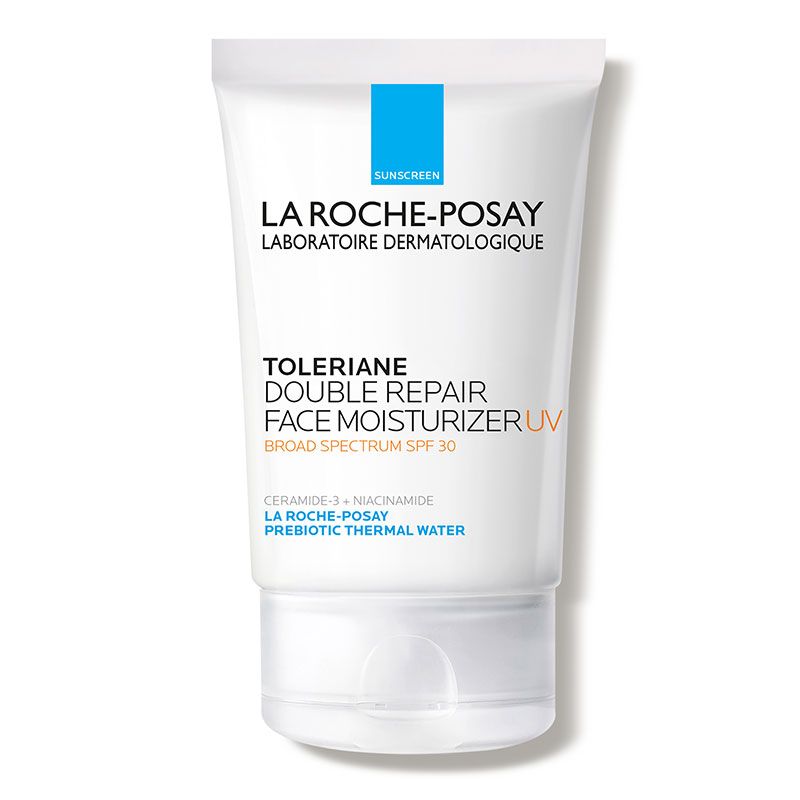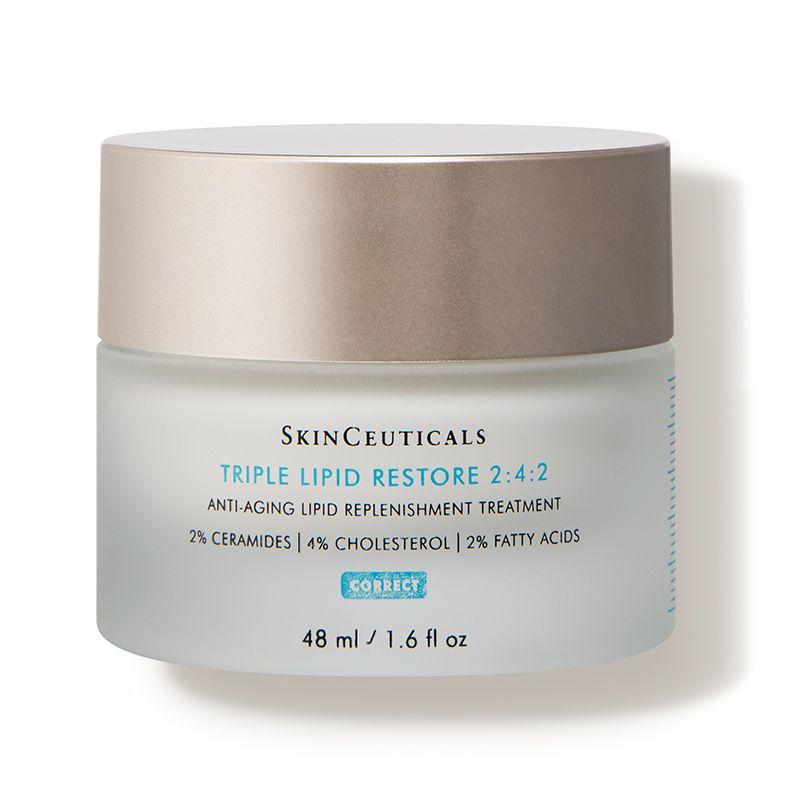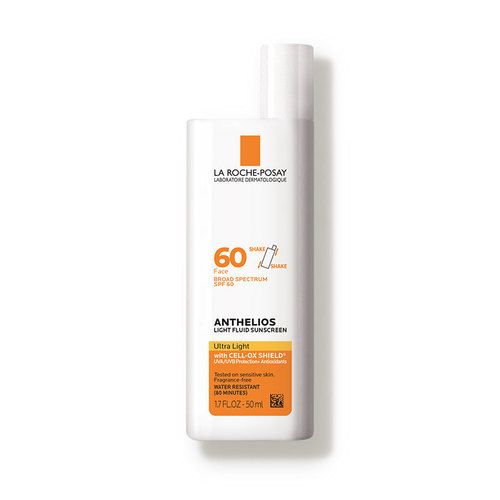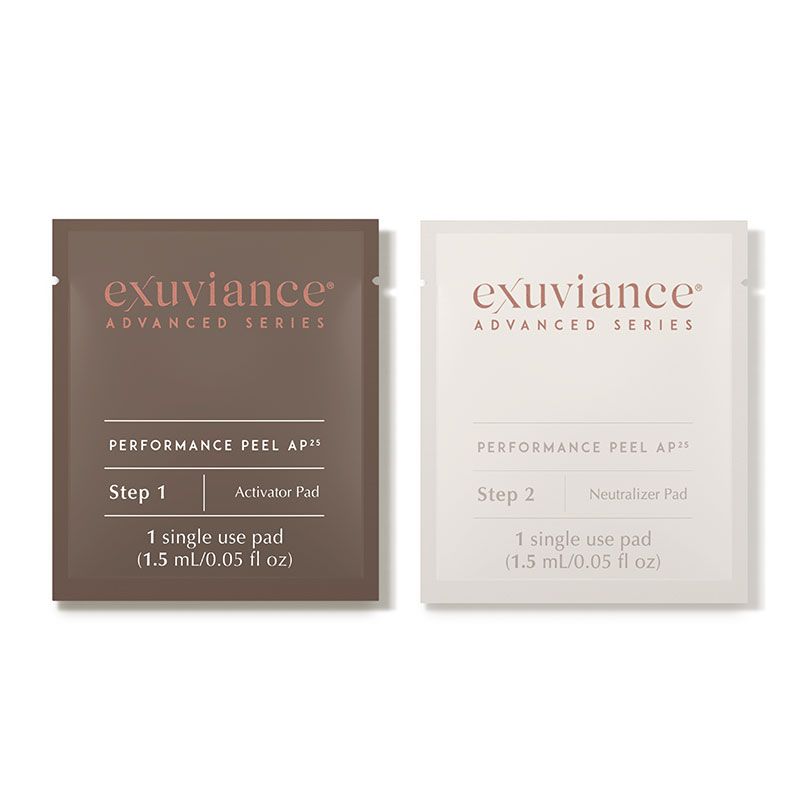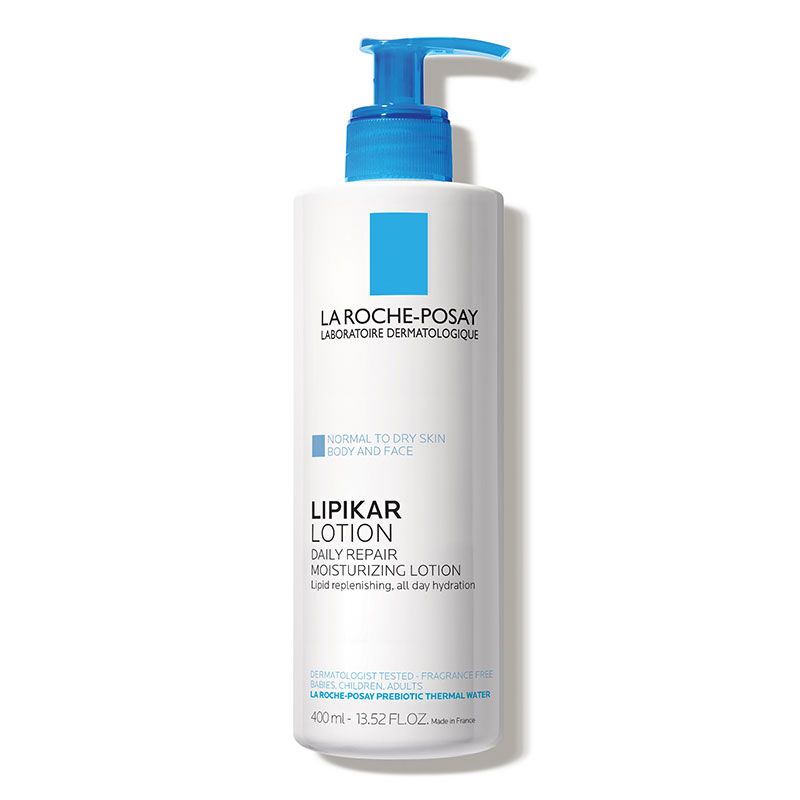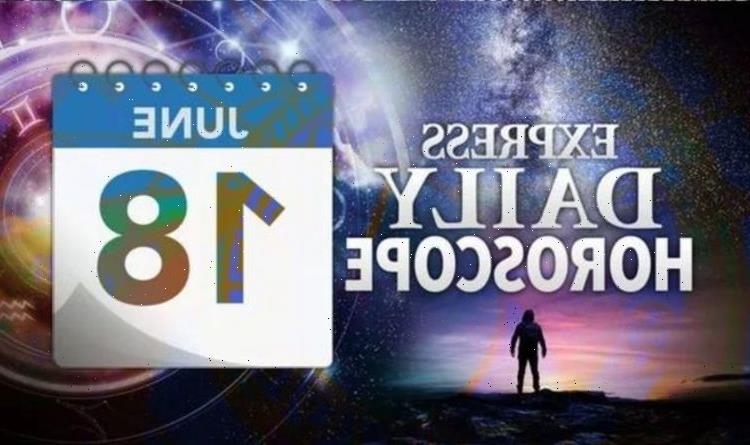You might recognize this stylish, cheeky, platinum-haired board-certified dermatologist from his viral social media videos. Dr. Angelo Landriscina (aka DermAngelo) somehow seamlessly weaves helpful skincare facts and humor into posts that leverage the very latest Instagram and TikTok trends. But #content aside, Dr. Landriscina is a practicing NYC-based dermatologist, handling both cosmetic and medical care, as well as an educator of and advocate for LGBTQ+ rights and representation within the dermatological world. “The medical system hasn’t always been the most welcoming or accepting of LGBTQ+ people,” he says. “But it’s getting better.”
With all of that on his plate, he still manages to maintain a healthy approach to self-care, thanks to thoughtful planning, consistency, commitment, and an authenticity-above-all-else attitude. “In my life as a dermatologist, and as a content creator, being myself is non-negotiable,” says Dr. Landriscina. Here, he shares how he gets it all done—and still feels like his best self at the end of the day.
A Few of Dr. Landriscina’s Skincare Must-Haves
You are doing the most! How do you slow down and practice self-care?
This is something I constantly have to remind myself about. Coming up through my medical education, especially with being a resident, we’re taught that you should say yes to everything because everything is an opportunity. And with being on social media, it’s easy to feel like you are missing a trend or a hot new topic if you take a break. So it’s difficult for me to take a step back and make time for myself.
To prevent myself from burning out, I will literally schedule time to unplug. I know that sounds very Type A, but having sacred time set aside for myself is really important. If you don’t schedule it, there will always be something else to do—whether work or family obligations or just life. My partner will ask, ‘Are you done with work?’ and I’m like, ‘It’s never done.’ It’s important to be able to recognize that certain things can wait and I don’t have to say yes to everything.
Right now, working out is my self-care practice of choice. It’s important for my physical and mental health. Also: skincare, of course! I recently started having a full self-care night once every other week. I take a bath, do a face mask and face massage; I’ll have a glass of wine, play some music, or have a movie playing.
Aside from the obvious complexion benefits of using a face mask, how is self-care related to skin health?
Physically and emotionally. We know that stress impacts the skin, specifically inflammatory skin diseases. We also know that certain skin diseases have an associated psychological burden. People with acne have higher rates of depression and suicidality. When you are living with acne, thinking about caring for it all the time, and thinking about being judged for it—it can really be a burden. This is why I wanted to become a dermatologist. People should realize that skin health and overall health are 100 percent linked.
Can you tell us about your skincare journey? How has your routine changed over the years?
When I was younger, in my teens and twenties, it was all about acne. Back then it wasn’t common knowledge that you should not be irritating your skin if you had acne. So I was really going for it with scrubs and salicylic acid. I used a lot of redundant products with the same actives in them.
In my late twenties, I saw the first signs of aging and I started to get aggressive again. I was in residency, and it was this whole new world of Botox, fillers, and retinoids. The best thing I picked up at that stage was wearing sunscreen every single day.
Now, especially in the last year, I realized that I have sensitive skin. So much of what I do now is soothing, hydrating, and not overwhelming it. That’s when it looks best! Being a content creator, I’m constantly trying new things and I get PR packages every day. I try to make a conscious effort to only use things I like. If I know I’ve overdone it, I will take a step back. I get a little more maximalist product-wise on the weekends, but during the week, I use a gentle cleanser, hydrating serum or vitamin C serum, and sunscreen. That’s it. A lot of people don’t realize the benefit of wearing sunscreen on a daily basis. It’s all cumulative. It adds up.
Your social content strikes the perfect balance of education and entertainment. Where do you get the inspiration to create your videos?
When I was a kid, I didn’t want to be a doctor—all I wanted to be was funny! Through social media I’ve been able to find an outlet for that part of my personality. I spent all of these years in training where everything was very serious. Some of the best moments were when I got to spend time with my coworkers and joke around. I realized that science and education can be mixed with humor. When I started on social media, there weren’t that many derms doing it—and no one was bringing humor. To educate, you need to meet people where they’re at and be able to hold their attention.
As for inspiration, I’m from the internet generation. Meme culture, subgenres on TikTok, I eat all of that stuff up! Seeing what people are talking about motivates me. With social media it’s very easy to get bogged down and feel like you have to pump stuff out, so I’m trying not to hold myself to a schedule or force it. If I’m not inspired or the idea won’t bring people value, I won’t do it. I make content that I like. Even if there’s a hot trend going around, I don’t jump on it if it isn’t right for me. That’s a form of self-care too. You will never catch me twerking.
I think one of the great things about being queer is there’s this concept of having a chosen family.
What has your experience openly identifying as LGBTQ+ in the dermatological community been like?
I think one of the great things about being queer is there’s this concept of having a chosen family. Throughout history, this concept is part of the culture because, unfortunately, so many queer people are disowned when they come out. One of the greatest parts of my journey has been connecting with other professionals and physicians who are queer and rely on each other in different ways.
Obviously, the medical system hasn’t always been the most welcoming or accepting of the LGBTQ+ community, but things are getting better. And dermatology as a specialty is having a real moment, a real overhaul in the way we approach LGBTQ+ issues.
Can you speak about the importance of LGBTQ+ representation in the field of dermatology?
In general, it’s powerful for younger people to have an example of what you can achieve—regardless of who you are and how you identify. I didn’t necessarily have that.
More specifically within medicine, when I was a resident, I started seeing some of the ways that people within the dermatological community were talking about LGBTQ+ issues. Within medicine, the notions regarding queer people in general are really archaic. For example, if your patient is a man who has sex with men, they immediately think of HIV. But I also realized that there were (and still are) a lot of people doing research and looking at queer identities as a whole to really improve healthcare for these people. I wanted to be one of them. We don’t know that much about LGBTQ+ health beyond those archaic notions, because we are not collecting data about sexual orientation or gender identity. But some of us are working to change that. That’s been the most fulfilling thing for me.
Source: Read Full Article
